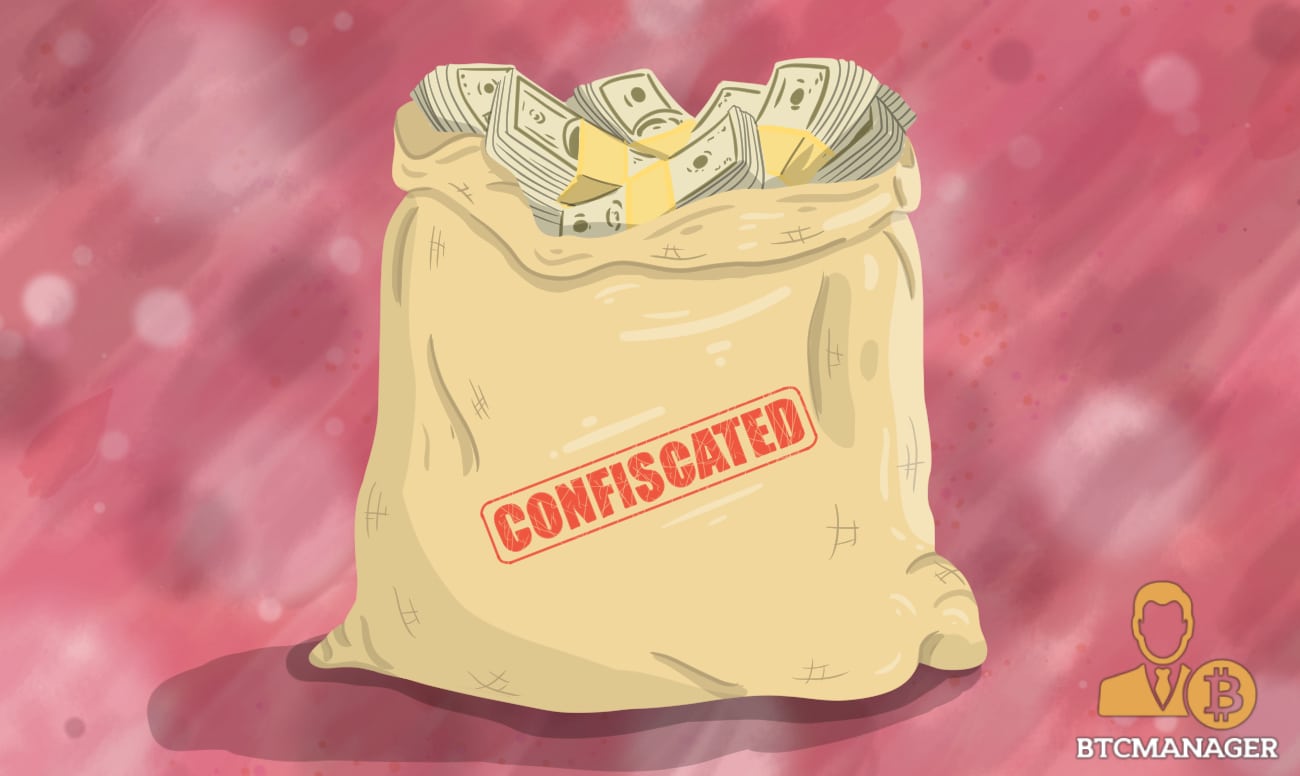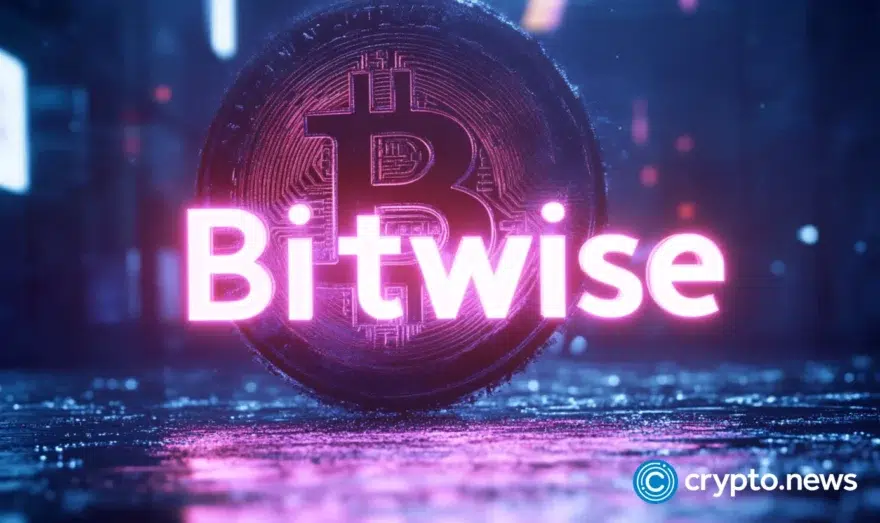$39,000 in Cash Confiscated from US Citizen While Traveling Proves Merit of Crypto

In 2016, Edward Phipps, a U.S. citizen and the resident of Maine, was stopped by local police for driving one mile over the speed limit. Police officers requested Phipps to step out of the vehicle, confiscated $46,000 in cash found in his car, and forced him to forfeit it to federal prosecutors.
Advantage of Crypto
Two years ago, Phipps, who had disclosed to the court that he had earned the $46,000 in cash found in his vehicle legally, had $39,000 out of the $46,000 confiscated from him and his family despite the lack of criminal or illicit activities.
These cases, which frequently occur in popular tourist destinations in the U.S. such as Las Vegas, are examples of police officers taking advantage of the civil asset forfeiture law, which provides local police the authority to seize funds from any individual if they suspect the funds to be connected to criminal activity. However, if the police cannot provide a reasonable justification to back their claims that the funds are linked to illegal operations, technically, local police are not permitted to seize user funds.
In most cases of civil asset forfeiture, individuals voluntarily give up funds confiscated by local police because the structure of the policy has made it intentionally difficult for the defendants to win against prosecutors in court. Moreover, being taken to court, which requires lawyer fees, to prove that the funds are not connected to criminal activities often cost more than the confiscated funds, rendering the entire process of challenging the decision of local police pointless.
Scott Shackford, an associate editor at Reason who covered the story extensively, reported that Phipps agreed to give up everything except $7,000 and agreed not to demand the money to be returned in the future.
“As part of the settlement, Phipps not only agrees to give up everything but $7,000 (which will probably have to go to his legal fees). He agrees never to request that the money to be returned, and he furthermore agrees never to attempt to assert any claim that the government did not have ‘probable cause’ to make him forfeit the money. I’m highlighting that part of the story to show how much lower the legal threshold is to take somebody’s stuff and keep it,” Shackford wrote.
Some states, including New Hampshire, have made notable alterations in the civil asset forfeiture policy, only allowing police officers to confiscate funds if individuals in question are convicted beforehand. Still, the majority of states in the U.S. operate based on the old civil asset forfeiture regulation, which incentivizes police officers to abuse loophole to target innocent individuals.
Cryptocurrencies, as a decentralized store of value and payment method, are advantageous in these situations because police officers cannot seize what they cannot see, and because cryptocurrencies like Bitcoin and Ethereum exist virtually, it is not possible for law enforcement officers to unjustly confiscate funds by abusing the civil asset forfeiture regulation.
Cash and Gold versus Crypto
Both cash and gold are anonymous forms of money; it is virtually impossible for anyone to trace the source of fiat money or gold unless they are marked physically with visible markings.
Consequently, if the authority requests an individual or an organization to prove the source of cash payments and gold transfers, it is difficult without the involvement of a third party service provider such as a bank to step in and provide data to back up the claims.
Already, millennials have started to prefer decentralized currencies over banks as favorite dating app Tinder CPO Brian Norgard said, and if the use of cash presents all sorts of difficulties as seen in the unfortunate case of Phipps, consumers are likely to progress from cash to some form of digital money.














